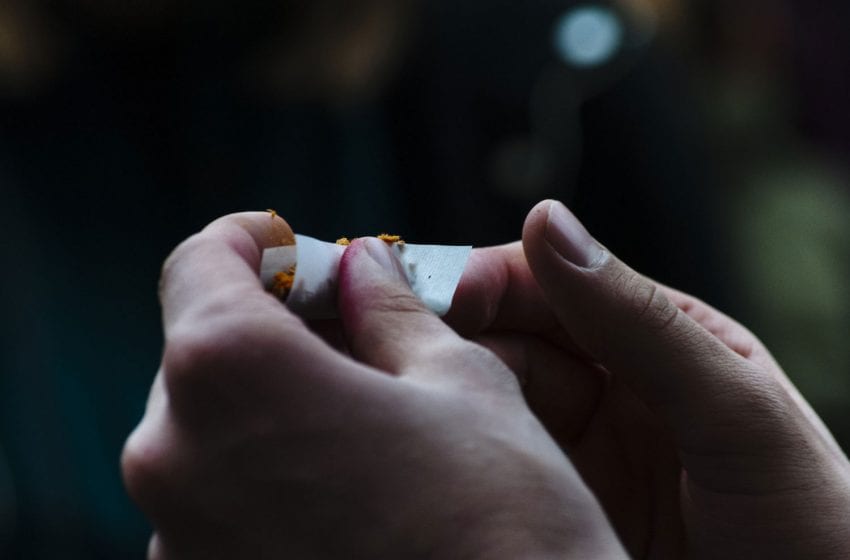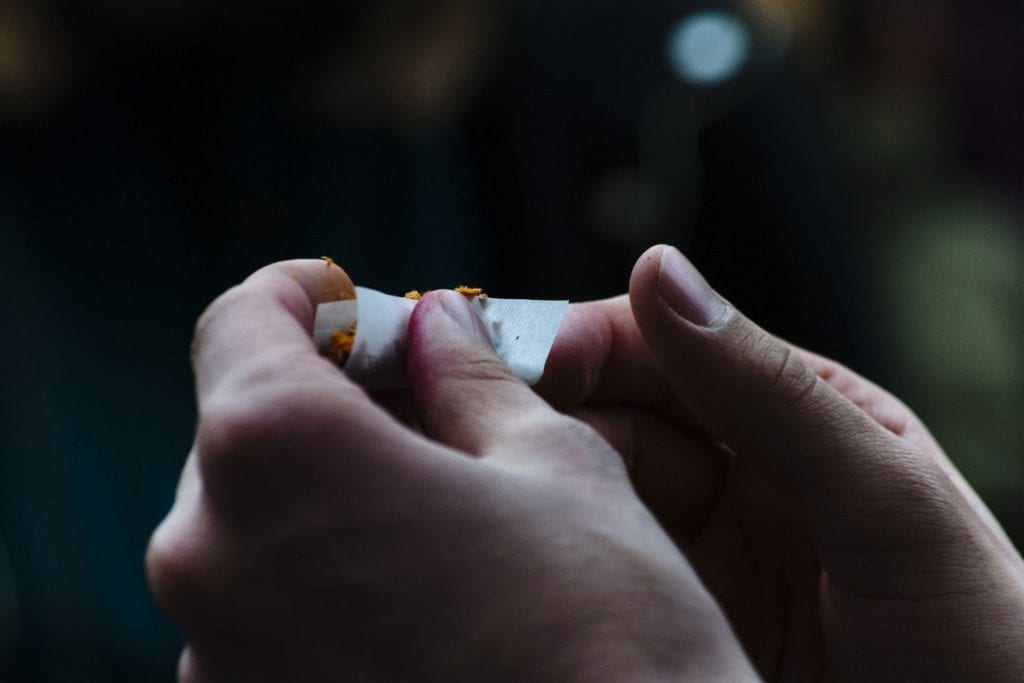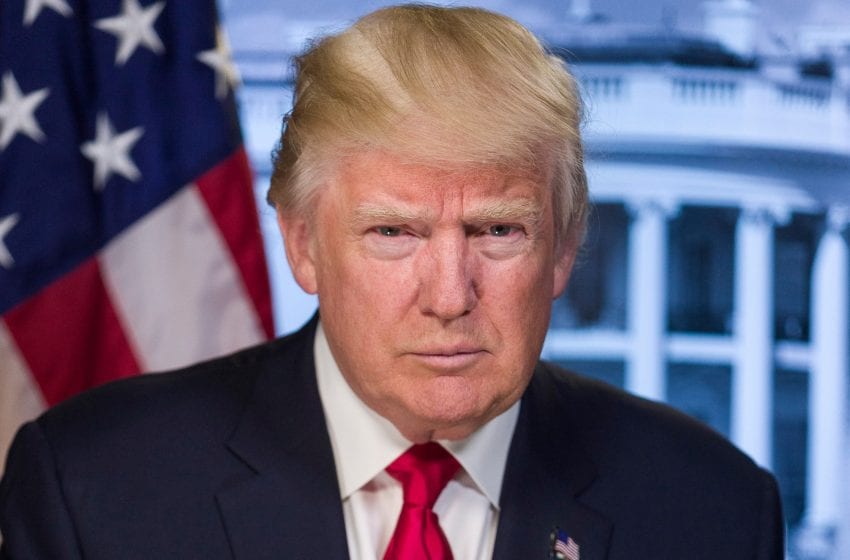
German tobacco equipment manufacturer Emkon Systemtechnik Projektmanagement has filed for bankruptcy, according to a German press release issued by the liquidator company.
An internationally operating manufacturer of packaging machinery for the tobacco, food and nonfood cosmetics, hygiene and pharmaceutical industries, Emkon was already facing difficulties in 2019. The effects of the Covid-19 pandemic have led to a further slump in sales, which the company couldn’t compensate for anymore.
Currently, the liquidator is restructuring the company. Emkon will continue operations and its approximately 100 employees will be paid their salaries at least until the end of July.
The restructuring expert is cautiously optimistic that the insolvency proceedings will rehabilitate the company.



















